The relationship between far-right politician Marine Le Pen's National Rally (RN) party and the Kremlin has come into sharper focus with just days left until early legislative elections in France.
"Red line"
As the election day approaches, the RN party is increasingly trying to gain support from voters. In an effort to clarify its relationship with Moscow, RN President Jordan Bardella declared on June 24 that Russia is a “multidimensional threat to both France and Europe.”
But there are concerns about the party's real motivations on foreign policy and what would happen if the RN won enough votes to govern in France, one of Europe's leading powers.
If the RN wins enough seats in the new National Assembly after two rounds of elections on June 30 and July 7, Mr Bardella could become France's prime minister - a role that would put him in charge of running the army and approving the budget.
However, the prime minister will share responsibility for foreign policy with the president, who remains head of the military and is responsible for appointing ambassadors and ratifying treaties.
Presenting the RN's policy lines, Mr. Bardella said that, as Prime Minister, he would respect the role of the President but at the same time remain "loyal" to his party's policies.
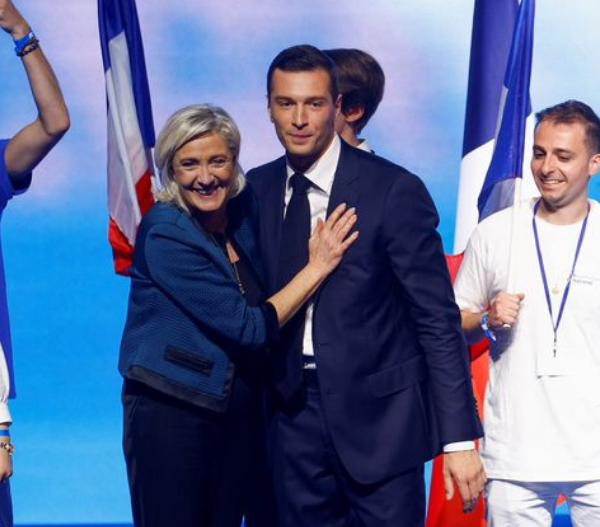
Image of a televised debate ahead of early elections in France, between Mr. Jordan Bardella, Mr. Gabriel Attal and Mr. Manuel Bompard, June 25, 2024. Photo: France24
The nationalist RN party has pushed for a more independent French foreign policy. It has shifted from a Eurosceptic stance to a desire to see reform of the EU. Until last week, the party had said it would withdraw France from NATO’s military command (but not leave NATO).
The RN's policy platform published online on June 24 focuses on immigration, emphasizing the need to protect France from being "submerged by migrants".
The platform also evoked the need to defend French territory “in a deteriorating international environment” without giving any specifics.
The war in Gaza and Ukraine were not mentioned, although Mr Bardella said he would not abandon France's support for Ukraine.
“I have no intention of questioning France's commitments on the international stage and damaging our credibility at a time when there is fighting on Europe's doorstep,” the far-right politician said.
However, he said he would not support sending French troops to Ukraine, nor would he support the transfer of long-range weapons.
“My red line remains long-range missiles or any military equipment that could lead to escalation, I mean anything that could directly strike Russian cities,” he said.
The situation is more complicated
Nicolas Tenzer, a lecturer in political philosophy at Sciences Po University in Paris, said the RN’s voting history on Ukraine tells a different story than what Bardella is saying.
“The RN party, whether in the French National Assembly or the European Parliament, has never voted for any resolution that is favorable to Ukraine,” Mr. Tenzer told RFI. “If RN lawmakers win a majority in the new National Assembly, they can block any budget to support Ukraine.”
A European Commission (EC) source told EurActiv about the EU's €50 billion funding for Ukraine, in the form of loans and grants, to support the country's recovery and reconstruction until 2027.
“The financial transfers to Ukraine are made quarterly and the EU member states themselves must confirm them by a qualified majority. The RN party in France could be tempted to join forces with Hungary, Slovakia and other countries to obstruct this process,” the source explained.
Even if RN is unlikely to immediately block the transfer of EU aid to Ukraine, the party can still delay any decision, stir up controversy in France and put pressure on not to provide more aid, according to MEP Bernard Guetta.
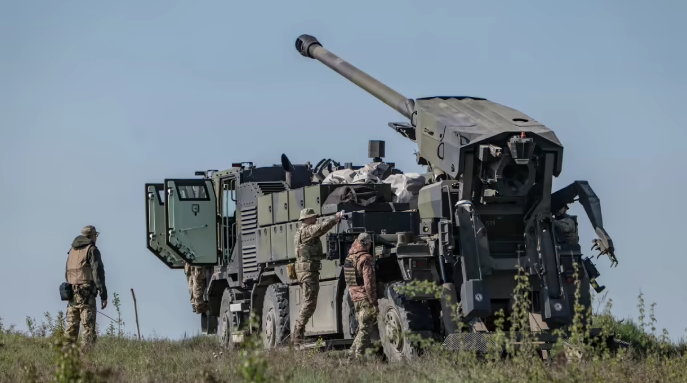
The French-made Caesar 155 mm self-propelled artillery system was delivered to Ukraine. Photo: Ukrainska Pravda
EU member states on June 24 approved the use of 1.4 billion euros in profits from frozen Russian assets for Ukraine, by removing Hungary from the vote.
“The Hungarian example shows that if some countries refuse to send aid to Ukraine, there will be creative solutions to overcome these obstacles,” Gésine Weber, a defence researcher at King’s College London, told EurActiv.
“However, the situation would be much more complicated if France were to interfere, because here we are talking about the second most powerful country in the European Union,” the expert added.
Ukraine's EU integration is also at risk of being stalled if the far-right comes to power in France.
Ukraine and Moldova formally launched EU accession talks on June 25, marking the beginning of a reform process that could last years.
However, it appears unlikely that there will be any further progress on the next step in the next six months, when Hungary takes over the rotating EU presidency from 1 July.
When Budapest announced the official programme for its presidency last week, Hungary's European Affairs Minister János Bóka said that “the issue of opening chapters (which make up the six thematic groups of the accession negotiations) will not be raised during Hungary's presidency”.
If RN comes to power, Hungarian Prime Minister Viktor Orbán will be able to count on the unconditional support of far-right politician Bardella regarding the Ukraine issue.
The RN leader has always said he is “against” any further enlargement. In a debate last May, Mr Bardella suggested that admitting Ukraine “could mean the end of French agriculture”.
Minh Duc (According to EurActiv, RFI)
Source: https://www.nguoiduatin.vn/moi-lo-cua-ukraine-neu-phe-cuc-huu-nam-quyen-o-phap-a670188.html








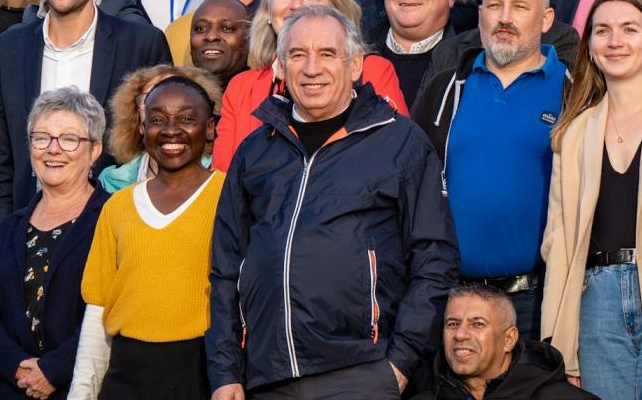

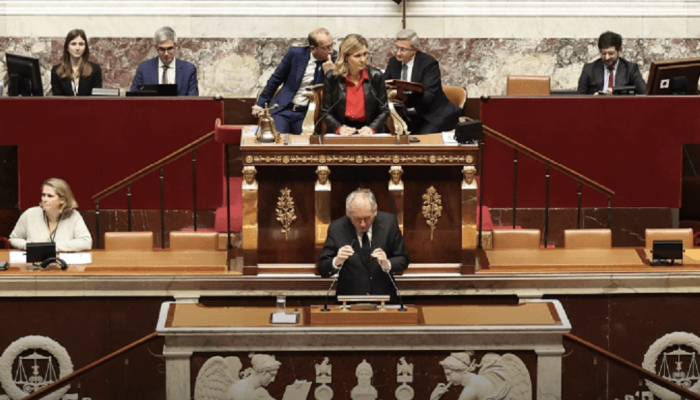
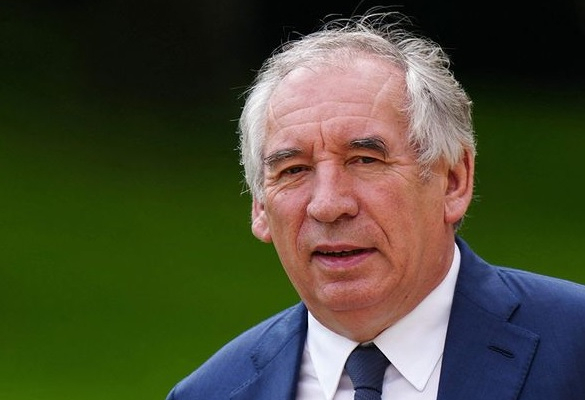
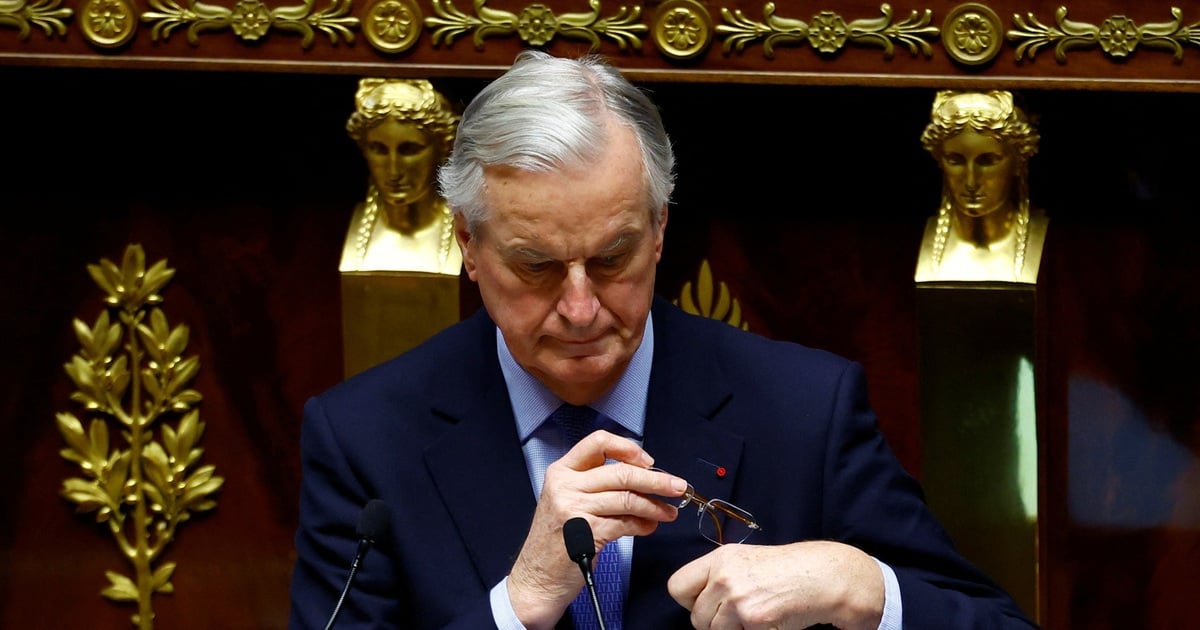

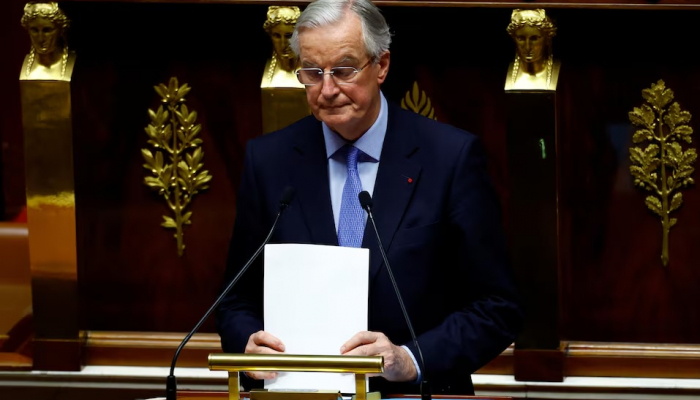
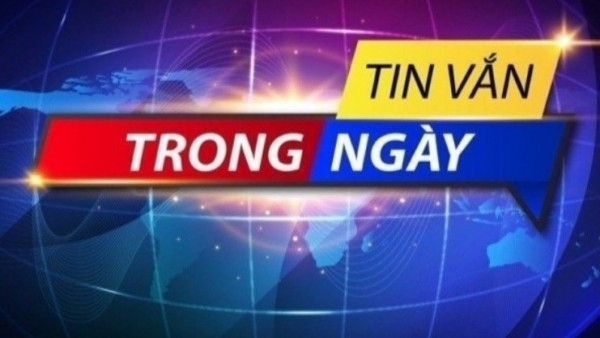

















![[Photo] "Beauties" participate in the parade rehearsal at Bien Hoa airport](https://vstatic.vietnam.vn/vietnam/resource/IMAGE/2025/4/11/155502af3384431e918de0e2e585d13a)



























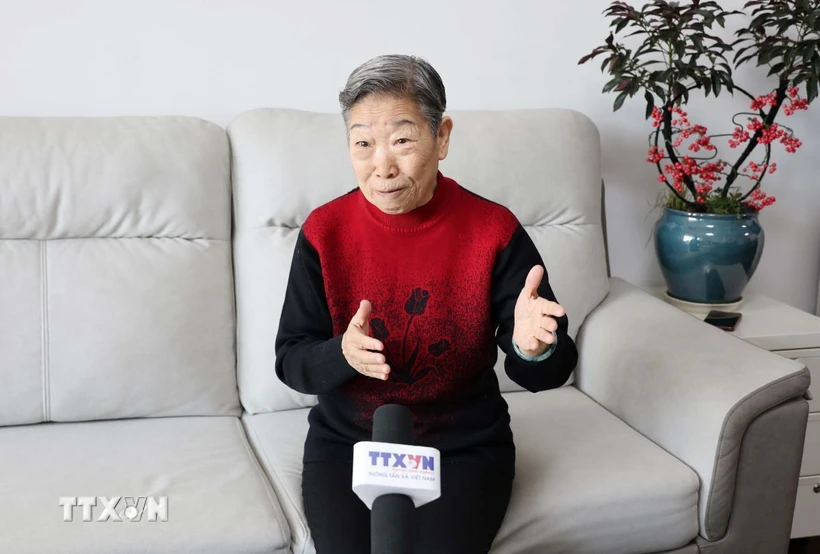

















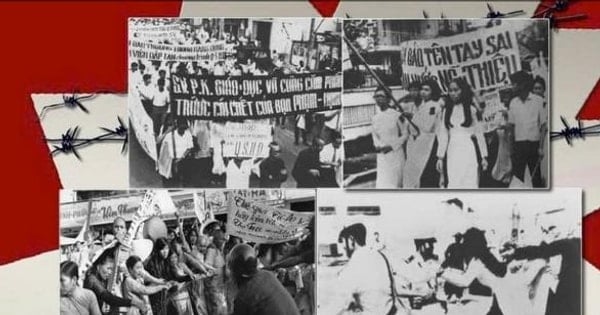

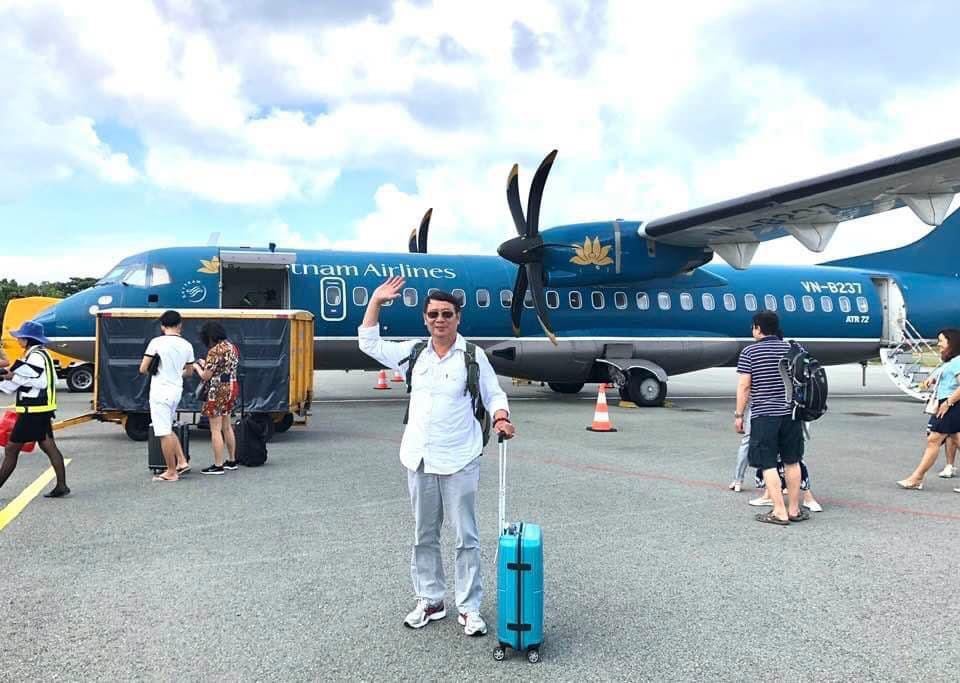



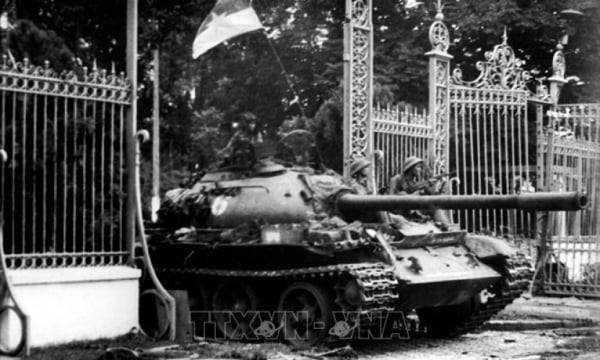











Comment (0)